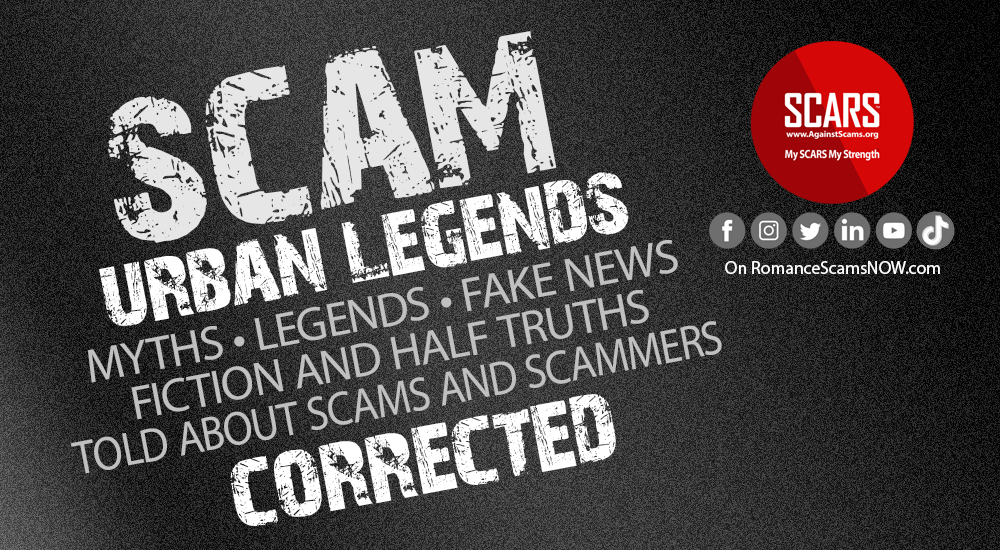A Lot Of Urban Legends Are Spread About Criminals Using Crypto!
However, as with all things, the truth is important. Here are the 4 main myths!
Here is the reality from our friends at Europol!
Cryptocurrencies are a technical and financial innovation that offers major potential for the global economy. At the same time, they are being used for criminal purposes such as money laundering, fraud, and the online trade of illicit goods and services. The ways criminals use cryptocurrencies are evolving, and it is spreading to all forms of serious and organized crime.
Myth #1 – Cryptocurrencies have become the payment method of choice for criminals
The use of cryptocurrency as part of criminal schemes is increasing, and the uptake of this payment medium is accelerating. However, the overall number and value of cryptocurrency transactions related to criminal activities still represent only a limited share of the criminal economy when compared to cash and other forms of transactions. A range of constraints are related to the use of cryptocurrencies, with high volatility a major factor in criminals’ reluctance to use cryptocurrencies for long-term investments.
Myth #2 – The criminal use of cryptocurrency is limited to cybercrime
The criminal use of cryptocurrency is no longer primarily confined to cybercrime activities, but now relates to all types of crime that require the transmission of monetary value, including fraud and drug trafficking. However, the scale and share of the illicit use of cryptocurrencies as part of criminal activities is difficult to estimate. Criminal networks involved in serious and organized crime also continue to rely on traditional fiat money and transactions to a large degree, in addition to emerging value transfer opportunities.
Myth #3 – Illicit funds flow straight from wallet to wallet
Criminals have become more sophisticated in their use of cryptocurrencies. The illicit funds increasingly travel through a multi-step process involving financial entities, many of which are novel and are not yet part of standardized, regulated financial and payment markets. Obfuscation methods and other countermeasures continue to be developed and used by criminals.
Myth #4 – Cryptocurrencies provide anonymity
Cryptocurrencies are not anonymous. Every single transaction is logged onto the blockchain, which is a ledger of all transactions distributed to all users in the network. Most blockchains are publicly available, making transactions traceable. This gives law enforcement access to substantially more information than a case involving cash. While privacy coins and a number of services and techniques may hinder law enforcement investigations, it does by no means stop law enforcement from finding out who is hiding behind the crime.




Leave A Comment